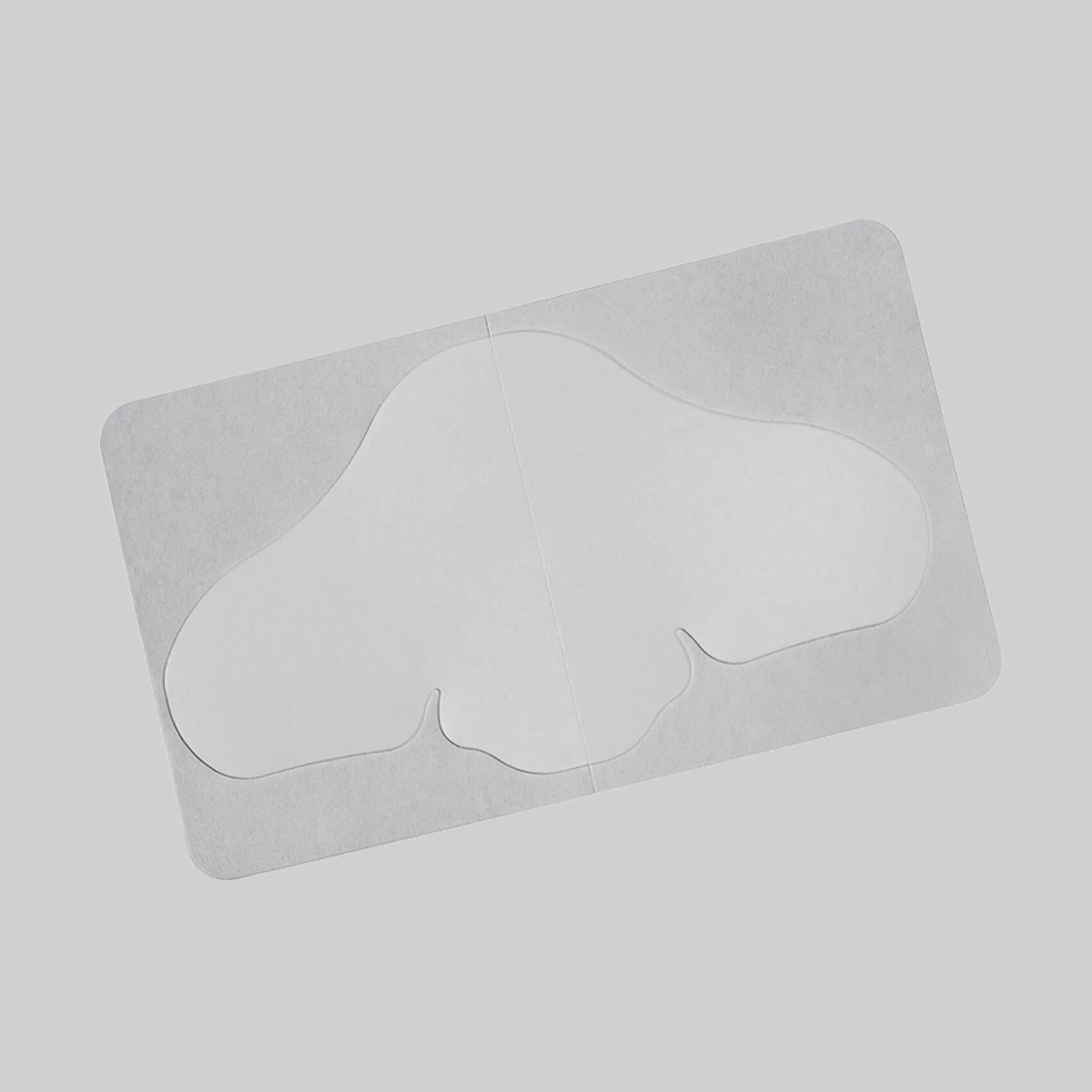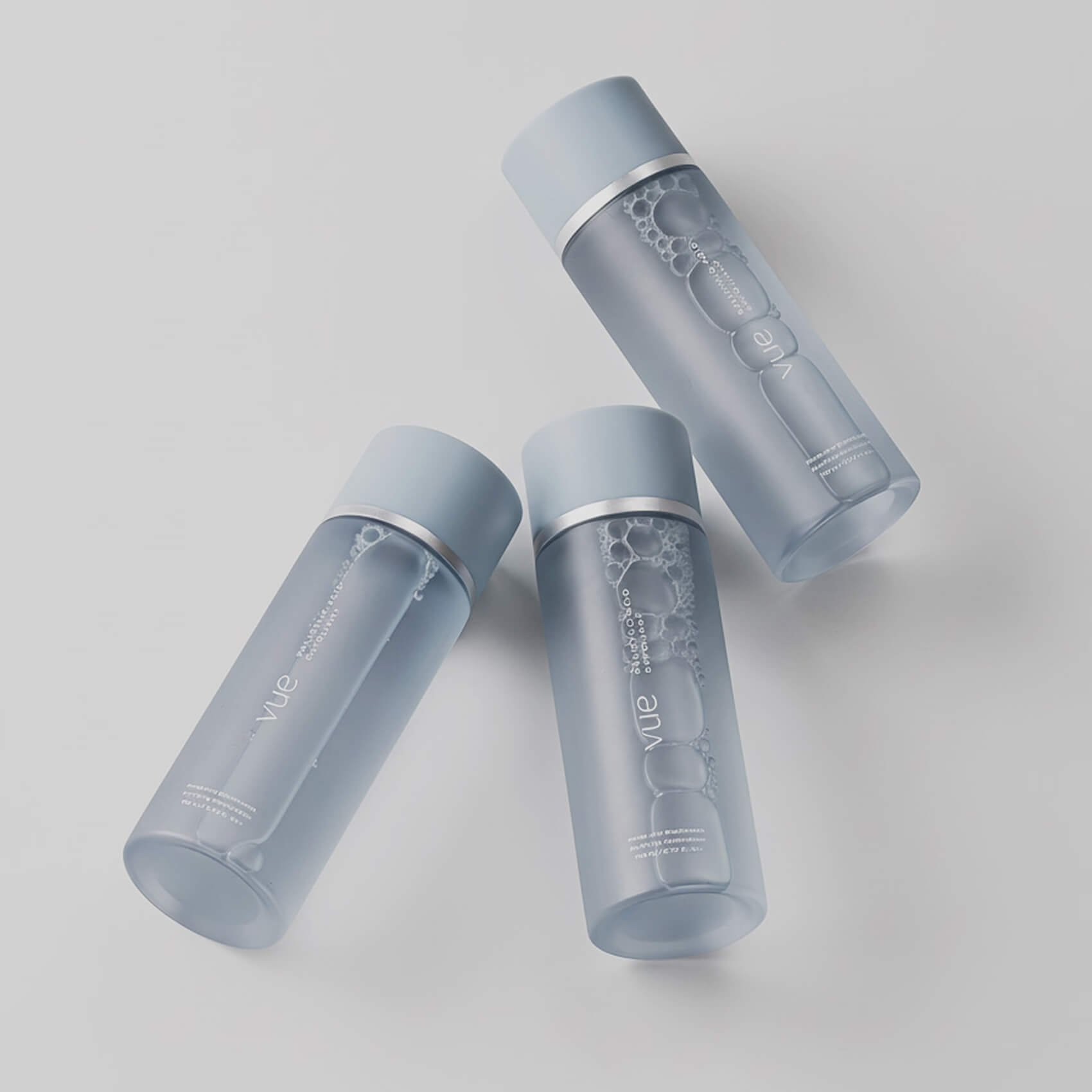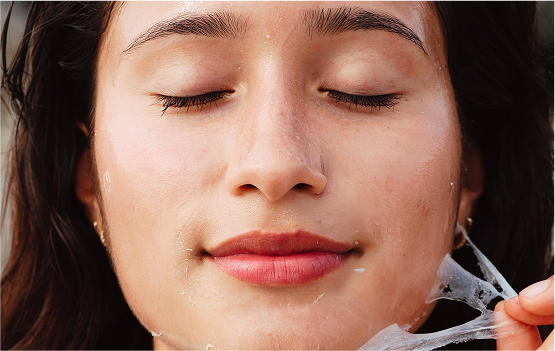Acne is a prevalent skin condition that affects over 80% of individuals. Whether it's a scattering of blackheads around the nose or a full-on cystic breakout, the key to effective treatment is understanding the specific type of acne you're dealing with.
This comprehensive guide is designed to assist you in identifying and addressing the various types of acne, helping you create a customized plan of action for your needs.

Blackheads
Appearance: Blackheads are small, dark, and resemble tiny dots. They form when pores become clogged with dead skin cells and oils. Unlike other types of acne, there is no skin covering the pore, allowing trapped oil to oxidize and turn black. Blackheads are frequently found on and around the nose.
Management: The key to addressing blackheads is gentle care. Avoid squeezing or using traditional pore strips, as they can be harsh on your skin. Instead, use a mild cleanser to keep your skin clean and free of excess oils. For a more effective and gentle solution, consider using hydrocolloid patches. These patches can help unclog pores without damaging your skin's texture and without stripping away natural oils.

Pustules
Appearance: Pustules are those familiar, swollen patches of skin filled with white or yellow pus. They often look like bigger and "pop-able" whiteheads. The pus forms when extra oil and dead skin cells clog pores and trigger an immune response.
Management: To deal with pustules, it's important to keep your skin clean and dry. You can use a cleanser that helps unclog your pores. Try using products like Spot Patches or, for larger areas of pustules, Surface Patches. These patches can absorb the pus from the inside, accelerating the healing process.
If you find it necessary to pop a pustule, remember these safe popping rules:
- Don't Use Your Nails: Avoid using your nails to squeeze a pimple. Nails can introduce bacteria and cause skin damage.
- Use a Sterilized Needle: If you must pop a pimple, always use a sterilized needle or pin. This helps minimize the risk of infection.
- Use a Patch: To safely complete the process, employ a patch along with gentle pressure. This approach can help ensure the extraction is hygienic.

Papules
Appearance: Papules are characterized by small, tender, pink, or red bumps on the skin's surface. These blemishes are solid and inflamed and notably lack a visible white or yellow pus-filled tip. They're usually smaller than one centimetre. The emergence of papules occurs when the follicular wall within a pore breaks down, leading to an interaction between white blood cells and C. acnes bacteria.
Management: It's crucial to refrain from picking or squeezing papules to avoid scarring. To effectively manage papules, steer clear of skin irritants, excessive exfoliation, and the use of oil-based cosmetics or sunscreen. Establish a daily skincare routine that maintains a balance between controlling oil, gentle exfoliation, and proper hydration, such as products from the Clear Skin Kit. Additionally, choose a sunscreen specially designed for acne-prone skin to prevent clogged pores and maintain a clear complexion.

Cystic Acne
Appearance: Cystic acne is characterized by large, red, and painful pimples that form deep beneath the skin's surface. Unlike typical surface-level breakouts, cystic acne is primarily linked to the invasion of harmful bacteria into clogged pores. When pores become obstructed with a combination of excess oil and dead skin cells, the presence of bacteria intensifies inflammation. Cystic acne is renowned as the most severe form of acne, causing considerable discomfort, impacting larger areas, and carrying the potential for long-lasting scars.
Management: To ease the pain and swelling of cystic acne, you can apply an ice cube to the pimple for a few seconds. This helps reduce blood flow to the pimple. If you have recurring or severe cystic acne, it's a good idea to see a dermatologist. They can offer treatments like cortisone injections, oral medications, or prescription creams to help manage the breakouts.
Take the next step in your skincare journey by exploring Vue’s complete collection.
















